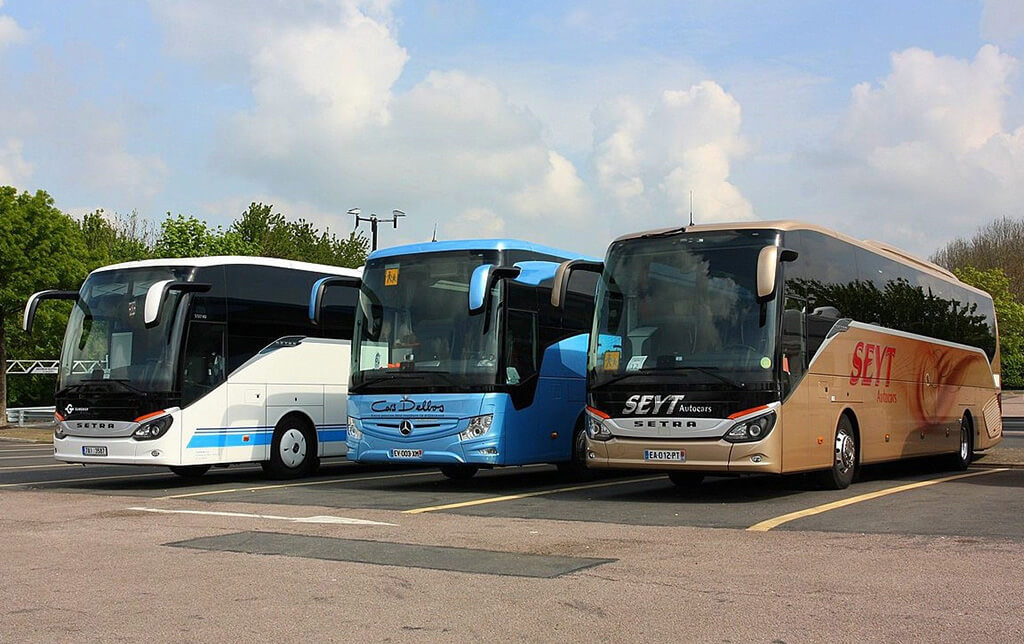The IRU, the World Road Transport Organisation, has published the findings from its Coach of the Future report.

The report analysed the various alternatives to diesel for coach operators, and assessed what is needed for coach operators to progress to cleaner and greener fuels. Representing a significant chunk of the EU collective road transport activity at 40%, the report showed that 400,000 coaches traverse the motorways and non-urban roads in Europe, covering 500km per trip on average.
The report identified that bio-LNG, HVO blends and diesel-electric hybrids as viable and sustainable options, however it stressed the importance of making these solutions commercially viable, and creating the suitable infrastructure.
The report also ruled out battery electric vehicles for long-distance coach transport services due to their range and battery constraints.
Matthias Maedge, who is leading IRU’s activities in the EU, commented: “More and more cities are introducing bans on diesel vehicles and coaches are being unfairly caught up in those initiatives, despite already being part of the solution to pollution and congestion. The sector is more than willing to play its part in supporting greener cities, but for the moment it has no obvious alternatives. Sufficient time must be provided to ensure that greener vehicles are available on the market, suitable infrastructure is fully developed, and policies supporting fleet renewal are in place before pushing ahead with blanket diesel vehicle bans.”
Mr Maedge added: “The business of coach operators relies on the possibility to pick up and drop off passengers in city centres. Rushed bans would only result in negative costs for society and transport operators, with a resulting detrimental effect on the environment.”
It was also shown that if all the required conditions are met, the European coach sector could replace half of its existing diesel fleet with bio-LNG, HVO, and diesel hybrid by 2035.
IRU additionally recognised that in order for this to happen, barriers such as energy taxation and road use charging legislation would have to be reviewed, whilst subsidies and investment in infrastructure would be key.
Read more news here: cbwmagazine.com/category/news

